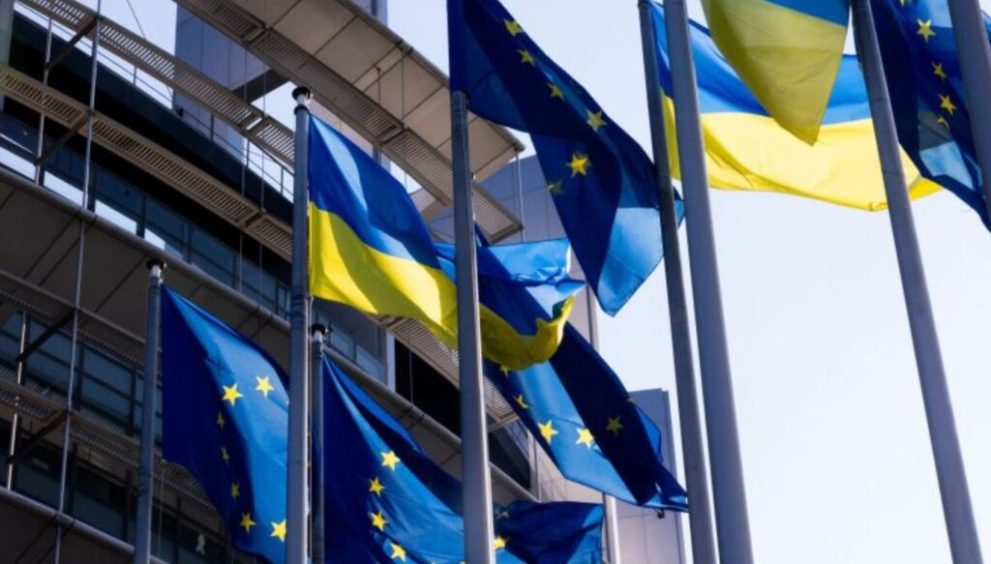The European Union is reportedly considering letting new countries join the bloc without full voting rights, a move that raises serious questions about transparency, fairness, and the bloc’s long-term intentions. While marketed as a strategy to smooth enlargement and placate skeptics like Hungary’s Viktor Orbán, critics argue this may be a veiled attempt to expand EU influence without democratic accountability.
Sources within the EU say the proposal is still in early discussion stages, but the underlying idea is clear: new members would be treated as second-class participants—benefiting from access to markets and funding, while being denied a real say in shaping the EU’s direction. Full voting rights would only come after the EU successfully dilutes national veto powers, a move that many suspect is aimed at centralizing authority in Brussels.
Supporters frame the plan as a solution to current deadlocks—many of which stem from objections raised by Hungary and other governments concerned about security and economic impacts. Yet critics see this as an end-run around legitimate national concerns, prioritizing geopolitical optics over real unity.
The European Commission, along with traditionally pro-enlargement states like the Baltics and Nordics, is pushing this fast-track approach under the guise of countering Russia. But despite these lofty justifications, the strategy masks deeper fractures within the Union.
As the EU plots to grow from 27 to possibly 30 members, internal divisions are becoming harder to ignore. France, the Netherlands, and others have long resisted surrendering veto rights—yet they now support a system that would deny that same power to new entrants.
“Future members should waive their veto rights,” said German MP Anton Hofreiter—echoing a sentiment that sounds less like inclusion and more like a quiet erosion of sovereignty for aspiring members like Ukraine, Moldova, and Montenegro.
Notably, the EU once demanded institutional reform before expansion could proceed. Now it seems that the rules are shifting mid-game—conveniently, in a way that consolidates more power at the center, while leaving smaller states and candidates in a limbo of partial membership.
The proposal is already causing unease in candidate countries, which have spent years enacting internal reforms only to face a moving goalpost. Montenegro, for example, began negotiations in 2012 and remains stuck in the waiting room.
Montenegrin President Jakov Milatović noted the irony: “The last country that joined was Croatia over a decade ago — and since then, the UK has left.” For many, this raises the question: Is the EU still a club people want to join—or is it a fortress selectively opening its gates on its own terms?
Ukraine’s Deputy Prime Minister Taras Kachka called for “creative” solutions to end the stalemate. Yet with Hungary wielding a veto, even that is in doubt. Kachka warned: “Waiting is not an option,” framing the situation as an urgent matter of survival not just for Ukraine, but for the EU’s credibility.
But observers are left wondering: Is the EU responding to crisis—or exploiting it? With talk of drones and Russian aggression used to justify fast-tracking expansion without full democratic rights, many are questioning whether this is truly about unity—or just another political maneuver by Brussels to tighten its grip.



